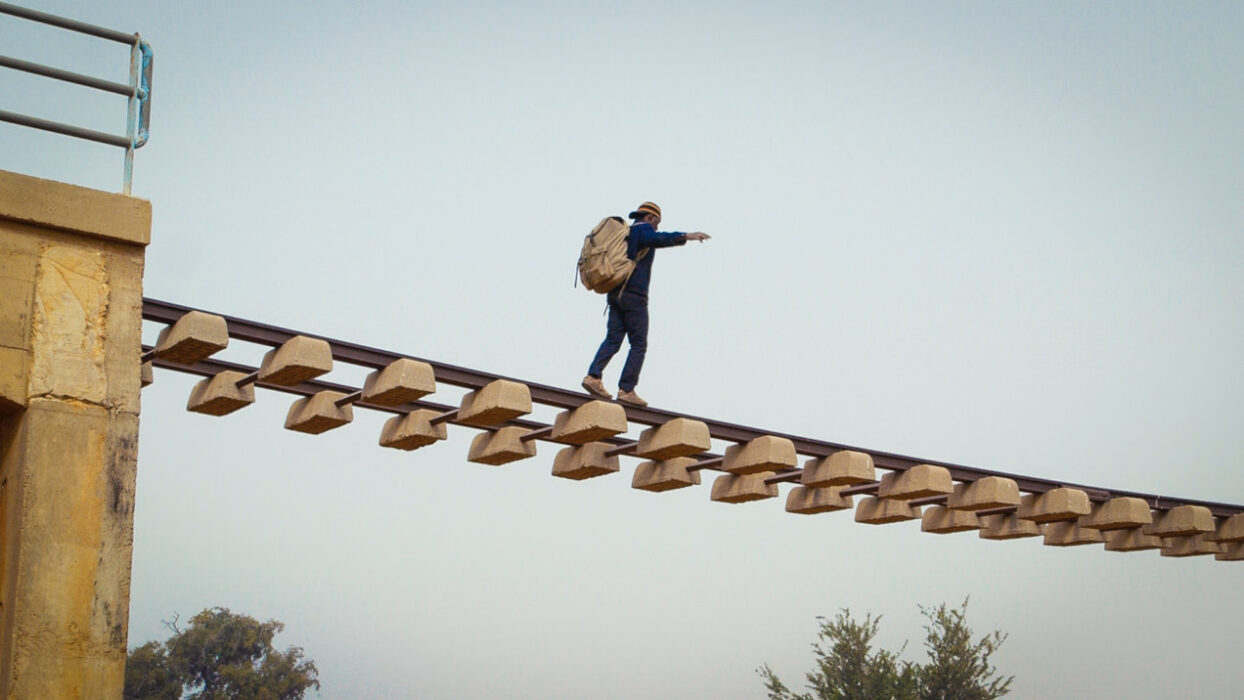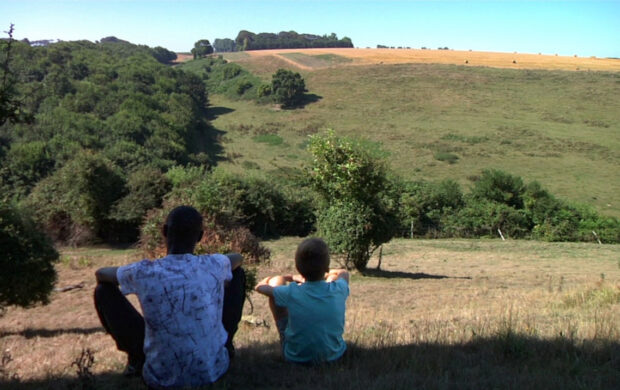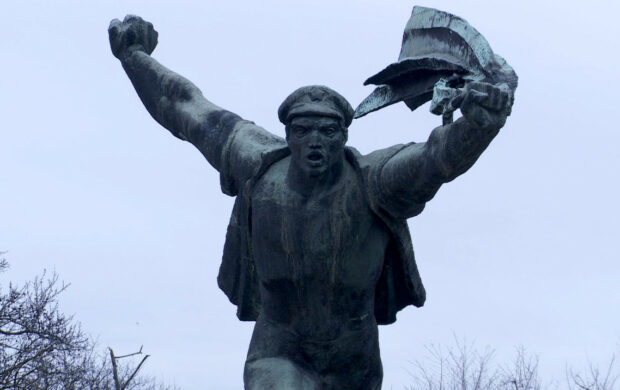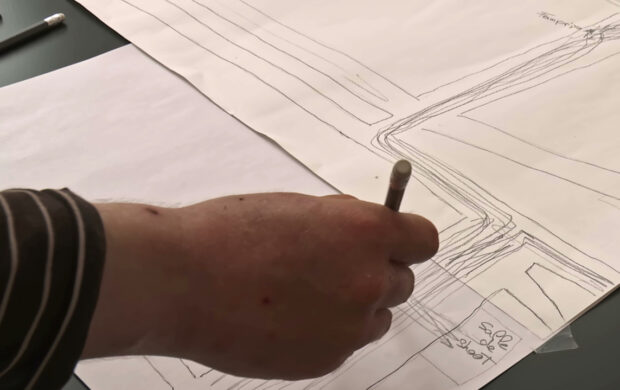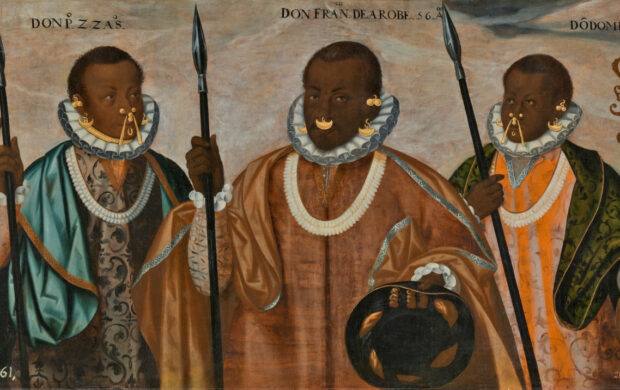Sankara n’est pas mort
Sankara Is Not Dead
- 2019
- France
- 110 minutes
- Jula; Moré
When Thomas Sankara was assassinated in 1987, Bikontine was only five. It was his generation that rebelled years later to finally overthrow his successor, Blaise Compaoré. But after the wave of hope subsided, the question remains: what is left of the “country of honest men”? Should people emigrate or stay? In this “Route One: Burkina”, a poet sets out to meet his compatriots and rediscover his own country by following the route of a railway track. And a foreigner accompanies him and turns him into the film’s main character. Bikontine suitably bears his given name, which means “adult child”. In fact, he begins his journey in a school, a notebook and ballpoint in his pocket. We discover that the three colours of the Burkinabe flag denote agriculture, light and the blood shed by the ancestors. Indeed, on his journey, Bikontine meets workers on the land, but also street sweepers, gold-diggers, doctors… Curious and open-minded, he starts up conversations with everyone, until he uncovers how each one feels about an unsatisfying society. The blood of the ancestors appears in the form of a bridge, built in 1932 on the orders of the French, but certainly not with their own hands. Sankara is the light that illuminates Bikontine’s path. This is the man, whose face constantly appears on screens, in books and on T-shirts and who had the Burkinabe railway extended to Kaya. On his arrival at the terminus, the poet must now continue his journey alone, in a present that is just waiting to be written.
Olivia Cooper-Hadjian
- Production : Eugénie Michel-Villette (Les Films du Bilboquet)
- Photography : Lucie Viver
- Sound : Lucie Viver, Dominique Vieillard
- Editing : Nicolas Milteau
- Music : Rodolphe Burger
- Print contact : Les Films du Bilboquet, contact@lesfilmsdubilboquet.fr
